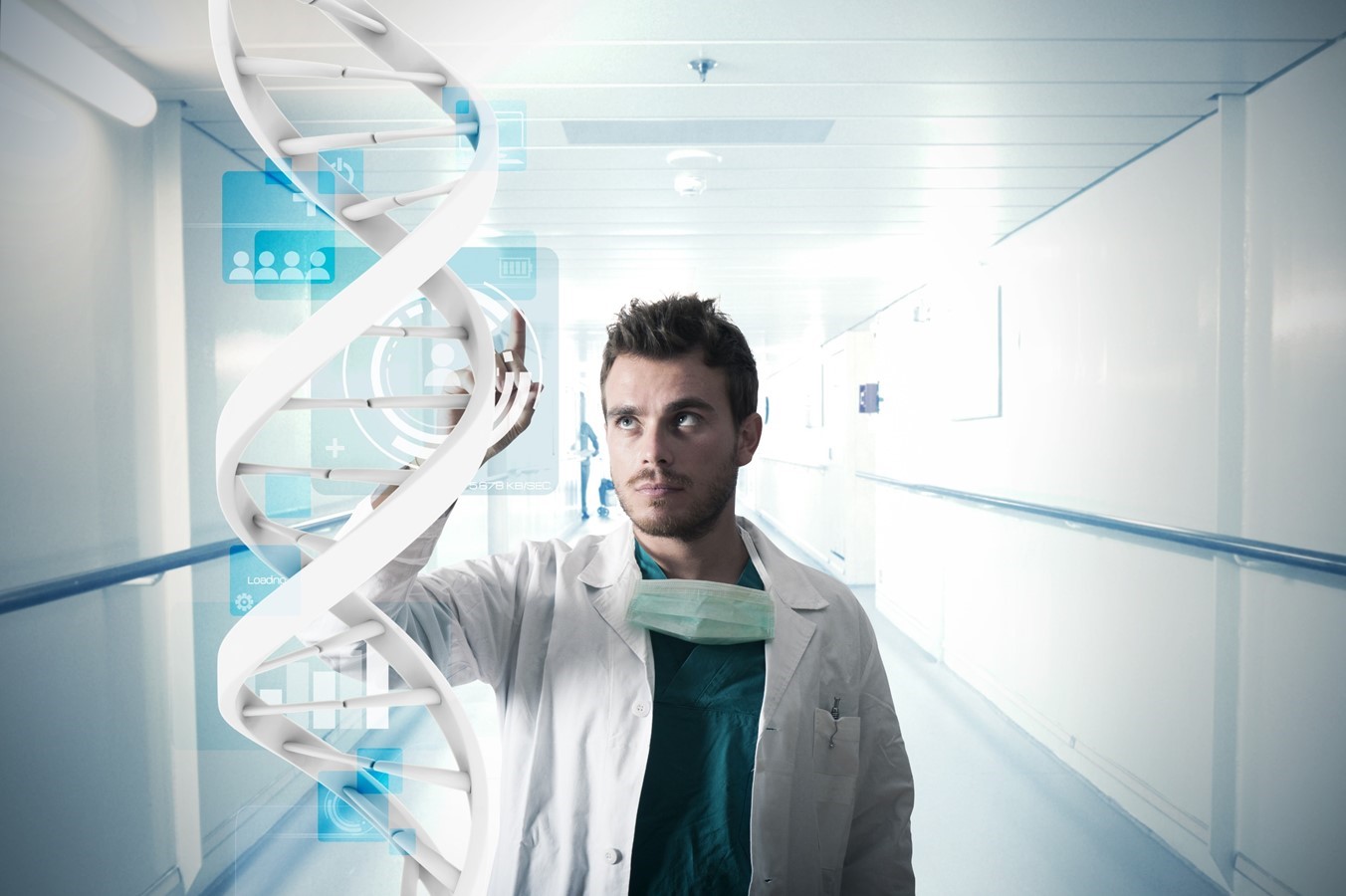The 2013 science fiction thriller film Elysium explored what life (and healthcare) on Earth and a technologically advanced alternative habitat looks like in 2154
In Elysium, everyone has a Med-Bay: a medical machine that can cure all diseases, reverse the aging process, and regenerate new body parts, all without any human interaction required. On Earth, people aren’t so lucky. They’re still suffering and being sent away from hospitals because of over-crowding.
While I can’t imagine anyone would relish the dystopian future that Elysium presents, it does pay to think about how we move our healthcare system from where it is today towards something closer to perfection. Globally, most countries are suffering the same issues – expensive healthcare, wasted resources, duplication of testing, medical errors, lack of effective communication between providers and patients, not to mention ongoing interoperability issues that reinforce information silos. Current healthcare, for the most part, treats conditions, not individuals. What we need is a system where everyone receives the perfect care for them.
So what could the healthcare system of the future look like?
If a scalable platform is core to our healthcare utopia, then a system of open APIs encouraging innovation is the necessary surface that sits outside it. The healthcare system of the future embraces APIs like the Apple iOS platform does today. APIs will enable services tailored for specific conditions and will act as conduits through which personal health information is securely shared, growing the healthcare ecosystem.
- The Internet of Things will collect and combine lifestyle data into health records
In the future, individuals will contribute a plethora of data about themselves and their lifestyle into an aggregated Longitudinal Healthcare Record (LHR). Imagine living in a true “internet of things” world when everything you own and touch generates data in electronic form that can be shared – from the fabric of your pyjamas monitoring your sleep quality, to a wrist device accurately monitoring blood pressure, to a monitor that checks the air quality in your home. - Individuals will drive their own healthcare:
Not only will consumers be more involved in their healthcare, they will actively drive it and self-manage. They’ll send messages to their circle of care alerting them to updates on their progress, post images and make video calls in lieu of face-to-face consultations. - Devices will revolutionise the treatment of chronic illness
The chronically ill will have more devices to help them monitor their health and automatic alerts will be sent to their circle of care, in real-time, to notify them of a patient’s progress or report any issues. Just as consumers live on their mobile devices today, so too will the device of the future be their healthcare pilot. - Multiple heath organisations will collaborate around the patient
While consumer engagement is critical in the future of healthcare, the flipside of that is effective clinical care management that links in with the patient. A multidisciplinary care team from different healthcare organisations will share patient information and contribute data to the LHR. They’ll coordinate care and put individuals on personalised care plans that take into account all relevant information about them to determine precise treatment plans and medication. - Real time analytics will reduce the risk of medical emergencies
To fully understand the population of patients they’re managing, clinicians will apply analytical tools to stratify patient cohorts and assess risk. Care management will benefit from real-time analytics and predictive medicine, where alerts will notify clinicians of a patient event and deliver risk assessments on the spot. For example, when a patient’s raised blood pressure combined with arm pain recorded the week prior, as well as their DNA profile suggest they are on the verge of a myocardial infarction. - Big data, machine learning and advances in medical understanding will enable Precision Medicine to become a reality
Further to this, machine learning will be applied to digest thousands of research articles including live and historical data. Clinicians will receive suggestions on the best course of action for a patient with a specific condition such as a rare type of cancer, providing much needed cognitive support for already overworked doctors. - Scalable Cloud Platform will allow data collection and collaboration
A critical feature in the future of healthcare is having all relevant data – all determinants of health – in one place so that it can be analysed and actioned. This includes clinical information, claims information, social and behavioural information, but extends to consumer data and genomic data, as well as any future data source that is a determinant of health. A scalable platform that can accommodate all these data types, and massive data sets, is at the core of a technology infrastructure to support the future state of healthcare. Not only is the platform critical, but so are the data tools to aggregate and normalise this data, so that it can be easily shared and understood across different organisations. Current systems built on legacy technology simply will not cope with the tidal wave of big (massive) heath-related data coming our way. That is reality.
In the future of healthcare, all of the above is inextricably linked – a carefully constructed web of data sharing where the right information is surfaced to the right person at the right time. This might sound complicated, but it’s really very simple. It’s about employing the right technology systems to move healthcare from being about everyone, to tailoring it for you. It’s the future of healthcare in which medicine is precise, and everyone receives the perfect care for them.
If this is the future of healthcare, the next question to consider is: how can you get there?



